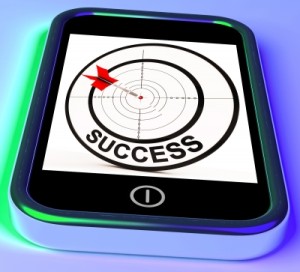There are many things job searchers desperately want. The number one item is a job! Job searchers want human resources managers to know is that they want the job and they need the paycheck that goes with it. Human resource managers aren’t the ones making the decision. It’s the hiring manager.
However, next to a job the other two things are would make the job search less frustrating. They are acknowledgement and closure. And the human resources manager has the power here.
We all know that a when a job searcher submits a resume to a company it is supposed to go into the Application Tracking System. But what we don’t know for sure is if the ATS received it. How simple it would be to receive an automatic response that merely acknowledges it has been received.
We receive automatic responses for many things. Such as when you place an order, you receive an email saying that the order has been received and is being processed. If you sign up for a seminar, newsletter, or a special report, you are sent pre-programed responses that are triggered by clicking the submit button.
The other use for an automatic response is to inform unsuccessful candidates that the job search is closed, and they were not chosen. Instead of waiting, and wondering what is going on, how nice it would be to know that the job is taken. Yes, it would be disappointing to learn that you were not the successful candidate.
While we would like to hear the good news of success, we understand that only one person can be selected. The unsuccessful candidates would like to know that they no longer have to wait for news or continue to pursue the position. It would give the job searcher closure on the job. And in some way give them permission to move on because this job is gone.
Many people continue to think they are in the running and hope to hear something while the lucky person is in the position and loving it. Life isn’t fair, but is it fair to allow people to wait for something that isn’t coming? I don’t think so nor do the millions of people who find themselves in this position.
Maybe someone can explain why job searchers don’t get acknowledgements and closure. Please respond in the comments section.
How can I help you in your job search?






